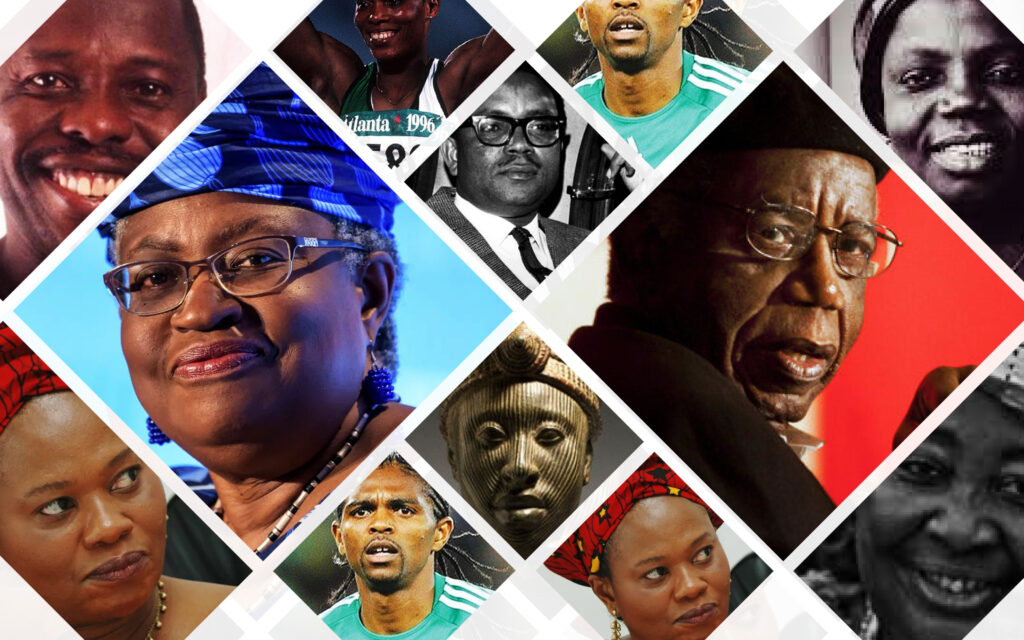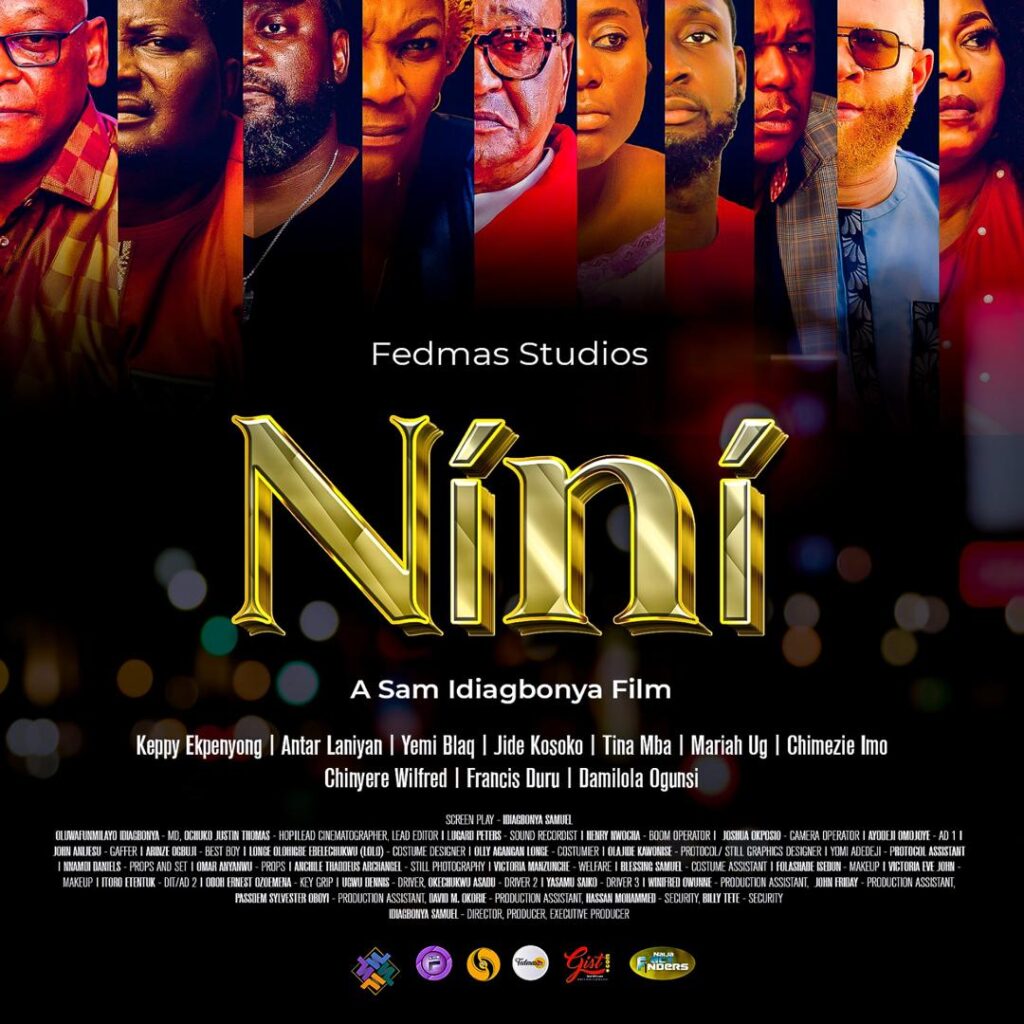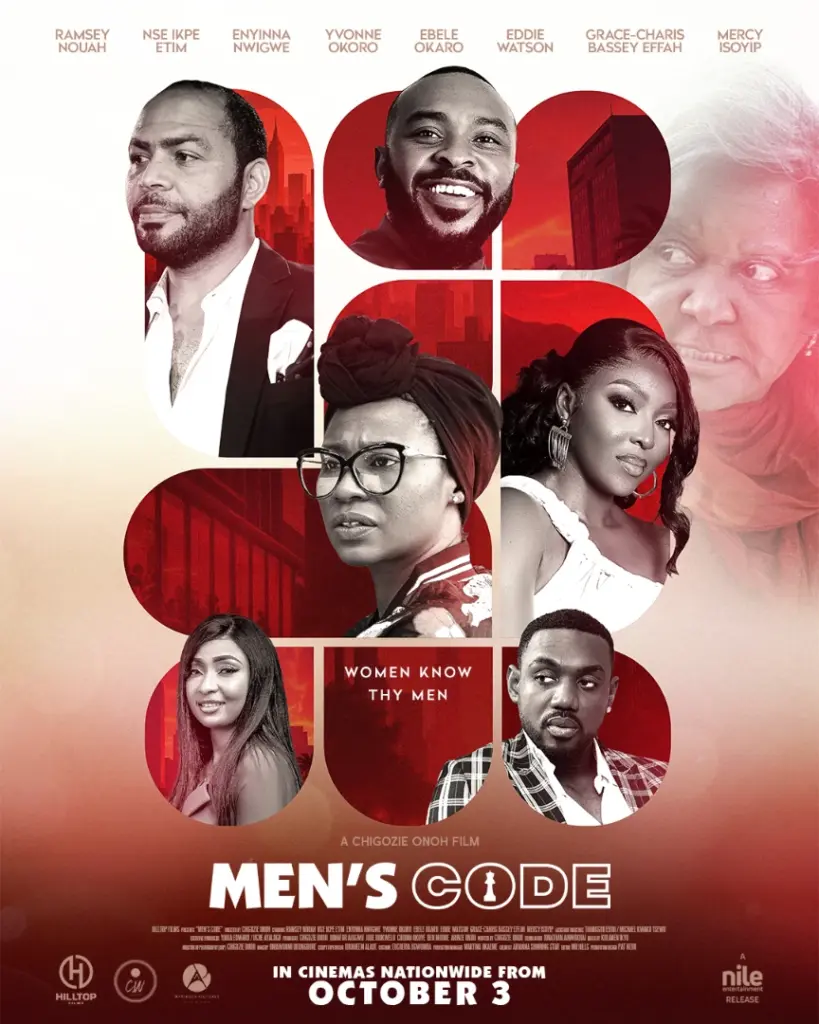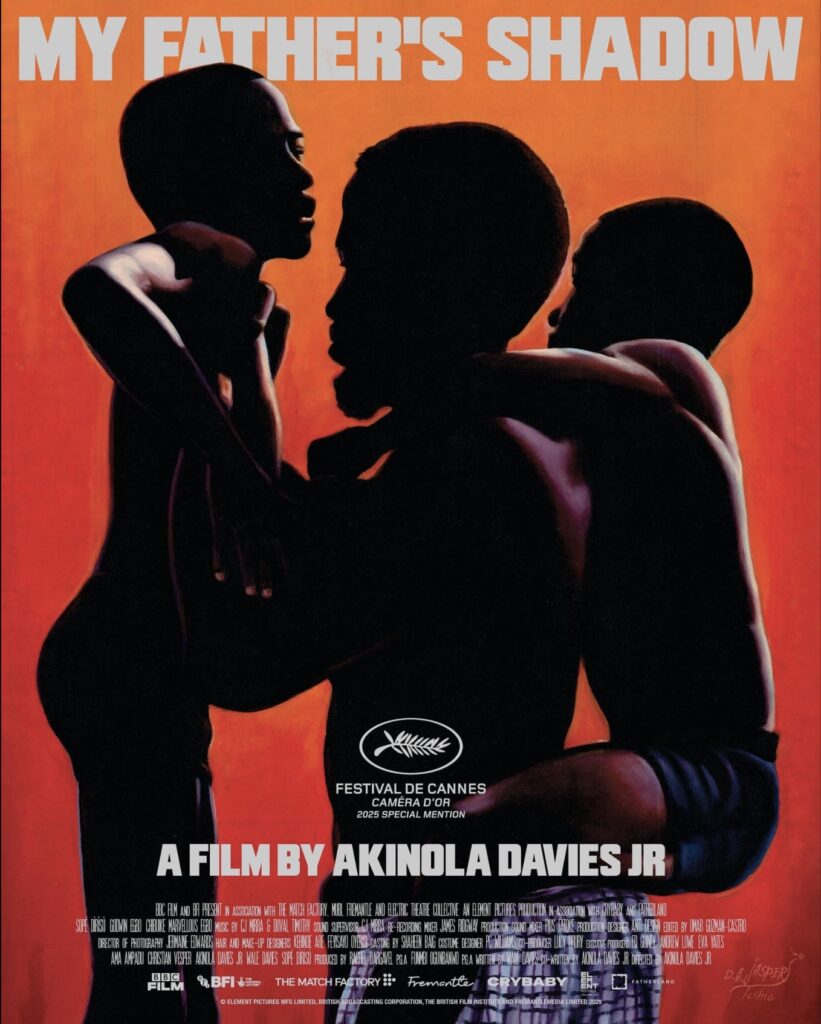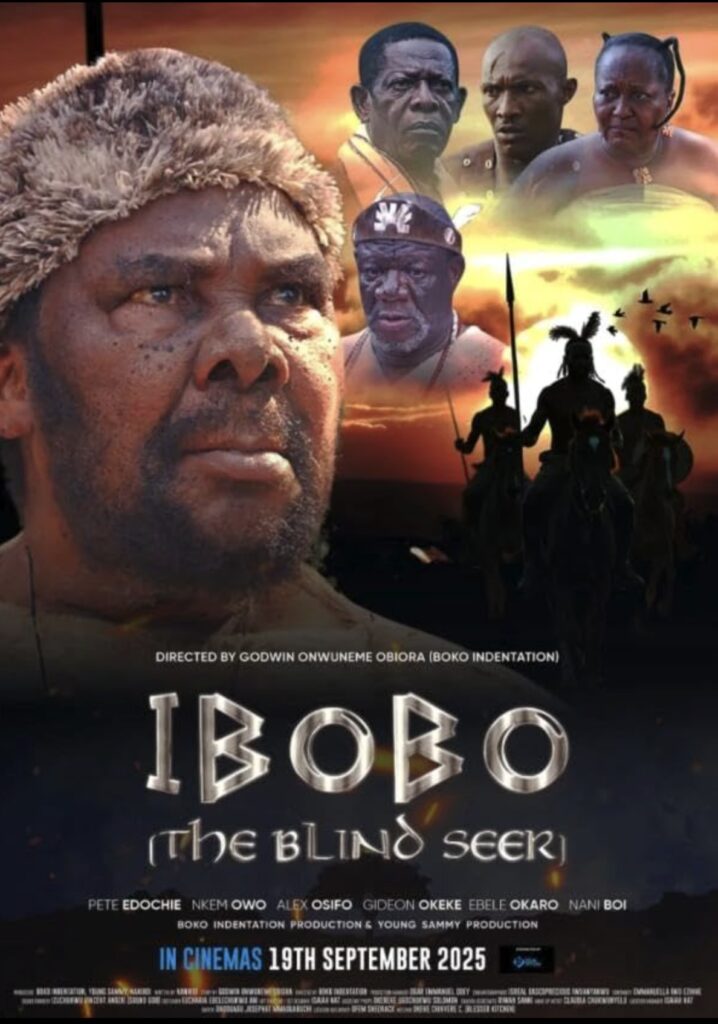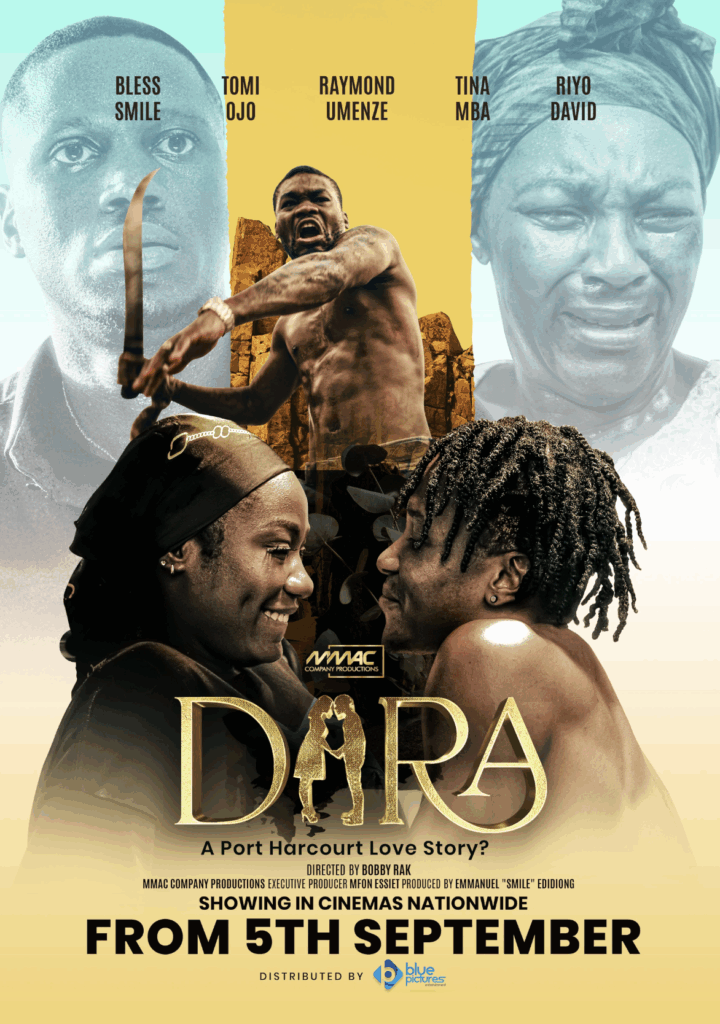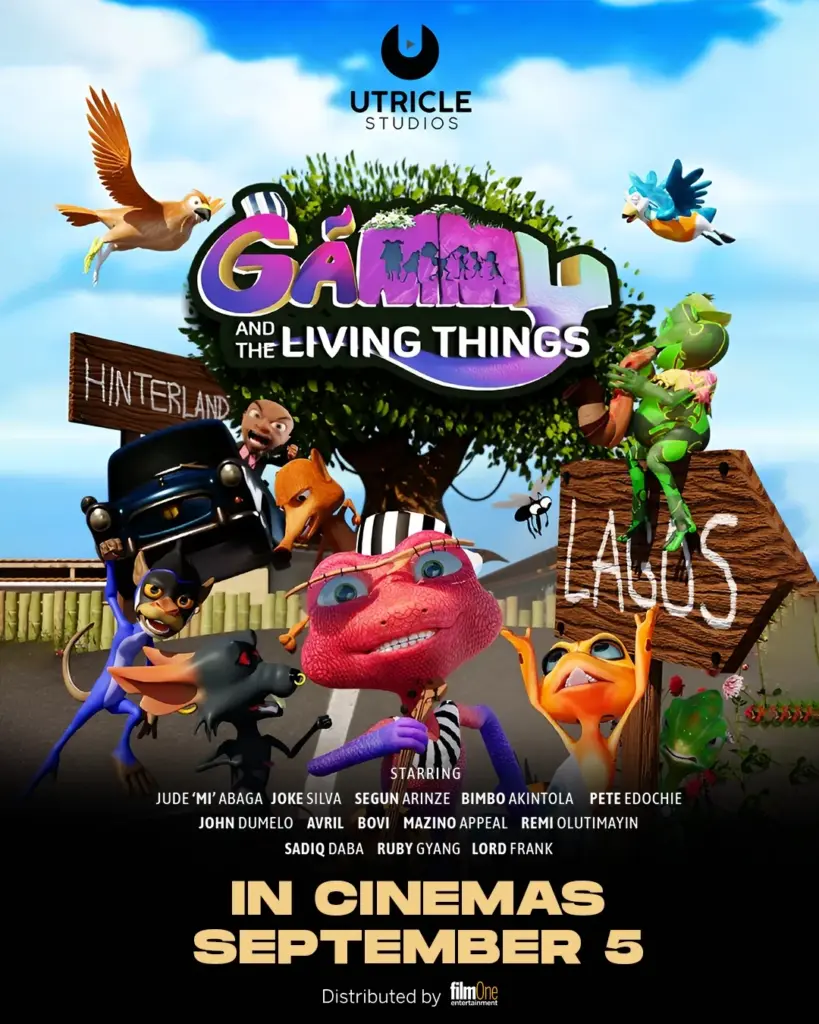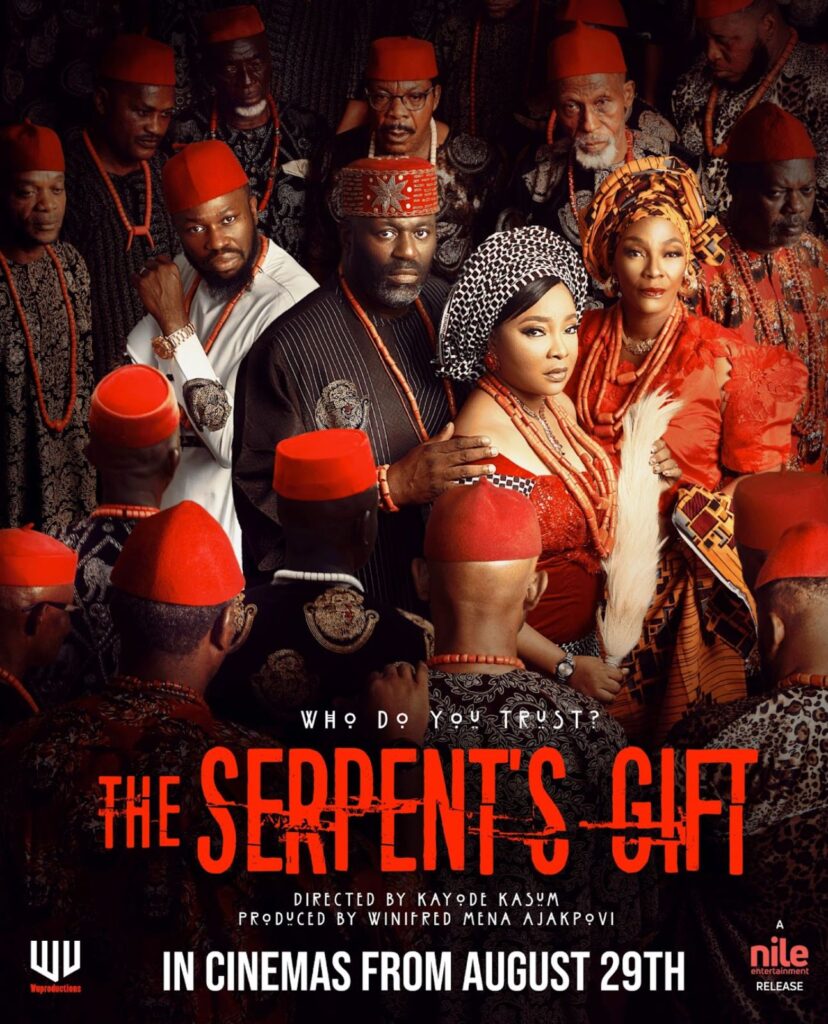Biopics are fast becoming an industry fave. They are movies that dramatise the lives of real people, often chronicling key events of the subject’s life. It is a form that allows us to preserve history and walk a mile in the shoes of interesting and complex characters.
These movies are box-office favourites because audiences are drawn to the familiar. We love seeing our heroes and role models brought to life on screen, and studios know that familiar names and real-life drama can drive ticket sales.
With the success of biopics like ‘The Herbert Macaulay Affair’ directed by Imoh Umoren, ‘The Last Man Standing’ a Lancelot Imaseun film, ‘Ayinla,’ starring Lateef Adedimeji, and Bolanle Austen-Peter’s ‘Funmilayo Ransome Kuti’, it is clear that the industry understands the essence of biopics.
This genre of film gives us the opportunity to immortalise some of our most iconic figures. From cultural icons and political leaders to champions in sports and the arts, here are ten biopics we would love to see.
Nwankwo Kanu

Kanu is a household name in the world of football. He was a member of the Nigerian team and played for Italy’s Inter Milan, Dutch side Ajax, and English football clubs including Arsenal, Portsmouth, and West Bromwich Albion.
He owns a wide array of awards, which include a FIFA U-17 World Cup medal, a UEFA Champions League medal, a UEFA Cup medal, a UEFA Super Cup, an Intercontinental Cup, 3 Eredivisie titles, three FA Cup medals, and two African Player of the Year awards, amongst others. He is one of the few players to have won the Premier League, FA Cup, Champions League, UEFA Cup, and an Olympic gold medal.
The gifted footballer was born with a congenital heart defect, which almost impeded his football ambitions. He went under the knife in 1996 and was able to make full recovery in time to snag the Olympic gold in that same year. His biopic could focus on his life-threatening disease, recovery, and athletic prowess. His story is one of resilience and is sure to inspire many.
Hajia Gambo Sawaba
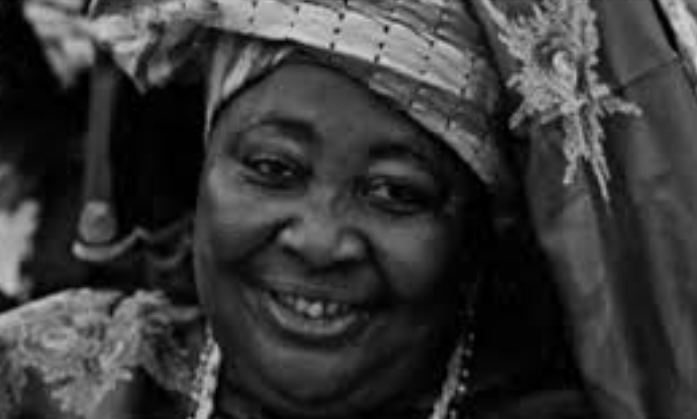
Sawaba is regarded as the “most jailed Nigerian female.” She had a blanket inscribed “prison yard” that she took each time she was arrested. Sawaba was imprisoned sixteen times for advocating against child marriage, women’s rights, and forced and unpaid labour.
A Funmilayo Ransome Kuti understudy, she was equally passionate about the rights of women. She campaigned for equal pay and more jobs for Nigerian women. She played a big role in the enfranchisement of Northern women. For this, she is seen as the mother of northern feminism.
The activist was also involved in politics. She entered the political arena at the age of seventeen and made a mark for herself for speaking in a room full of men during a political rally. Sawaba was later elected as the president of the Northern Progressive Union’s (NEPU) women’s wing. A biopic on Sawaba would be a stirring tale, highlighting the power of grassroots activism and the fight for women’s equality in a patriarchal society.
Anthony Enaharo
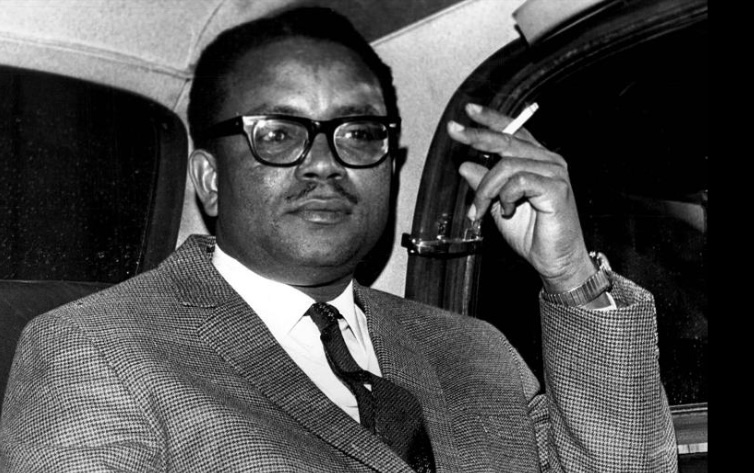
Academics regard Enahoro as the “Father of the Nigerian State.” He was one of Nigeria’s foremost political and anti-colonialism activists. He played a pivotal role in the country’s quest for independence. Born in 1923, Enahoro entered the political scene at a young age and quickly became a driving force in the struggle for Nigerian self-governance.
He is best known for moving the first motion for Nigeria’s independence in 1953, at the age of just 30, marking a significant turning point in Nigeria’s history. Though his initial motion was rejected, it set off a chain of events that ultimately led to the country’s independence in 1960.
A biopic about Enahoro would cover the intense political landscape of colonial Nigeria, where Enahoro handled opposition from both British colonial powers and internal political divisions. It would highlight the sacrifices he made, including multiple stints in prison for his activism and his unwavering commitment to freedom and democracy for Nigeria.
The film could depict his role in shaping nationalism alongside other key figures such as Nnamdi Azikiwe and Obafemi Awolowo, showcasing the tension and drama surrounding Nigeria’s fight for self-determination.
Chioma Ajunwa

Ajunwa is recognised as the first Nigerian to win Olympic gold at the 1996 Summer Olympics held in Atlanta. Born into what she describes as a “very poor home,” Ajunwa’s widowed mother was unable to sponsor her university education. Undeterred by this, Ajunwa, who was already interested in athletics, decided to push her focus to the sport. In the 1990 Commonwealth Games, she competed in the 4 x 100 meter relay, winning bronze.
At the All Africa Games in 1991, she won gold medals in the long jump. In 1992, at the peak of her career, she was banned from the sport for four years for failing a drug test. All through the event, she insisted on her innocence. She made her comeback at the 1992 Olympics, becoming the first West African woman to win an Olympic gold medal in the women’s long jump event and in her first attempt.
Ajunwa has spoken about the unfair treatment she received from her countrymen “I toiled so much for this country, but then I was dumped… That I could be the only individual gold medal winner for Nigeria in over half- a-century of participation in the Olympics and I could still be treated like a scourge, I couldn’t believe it.”
Her biopic would be an interesting and inspiring sports drama chronicling her career as an athlete, the challenges, and her triumph at the Olympics. Hers is the perfect comeback story.
Ken Saro Wiwa
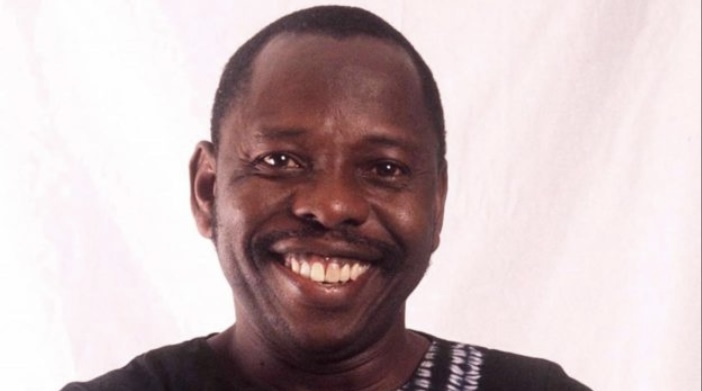
The story of the man who caused Nigeria’s suspension from the Commonwealth of Nations for over three years is one that belongs on the screen. Ken Saro Wiwa was a writer, teacher, and television producer but is well known for his environmental activism. He is also popular for his time as the president of the Movement for the Survival of the Ogoni People (MOSOP).
He was at the forefront of a nonviolent campaign against environmental degradation in Ogoniland, the homeland of the Ogoni people and present-day Rivers State. The area suffered the effects of crude oil extraction by shell companies, specifically Royal Dutch Shell Company.
Wiwa openly criticised the Nigerian government for their involvement in the extraction. In 1993, he led a protest of 300,000 Ogoni people through the urban centres of Ogoniland. This drew international attention to his people’s plight. He was imprisoned a few times by the military government. Once in 1992 and again in 1993. In 1994, he was wrongfully accused of the murder of five Ogoni chiefs and sentenced to death by hanging.
As he awaited his death, many protested the unjust sentence. In prison, he received the Right Livelihood Award for his courage, as well as the Goldman Environmental Prize. On the 8th of November, he was murdered. A biopic would highlight his courage and activism, diving into the Niger Delta’s ongoing environmental struggles.
Ngozi Nkonjo Iweala
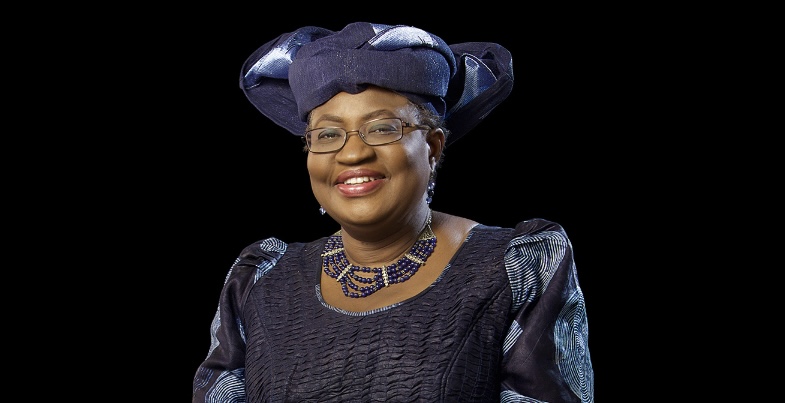
Nkonjo Iweala is the representation of “shattering glass ceilings.” She is the first woman and African to lead the World Trade Organisation (WTO). She is also the first woman to serve two terms as the finance minister.
During her first tenure in 2003-2006, she initiated negotiations with the Paris Club that cleared out $30 billion of the country’s debt. In 2006, she was appointed minister of foreign affairs.
From navigating the male-dominated spheres of finance and politics to emerging as a global force, her story would inspire many little girls and women. The film could showcase her childhood in Nigeria during the Biafran War, her academic achievements, and her ascent to becoming a global economic powerhouse, culminating in her role at the WTO.
It could also explore the personal sacrifices she made to champion economic reform in Nigeria and her constant battle to balance professional ambition with family life.
Buchi Emecheta
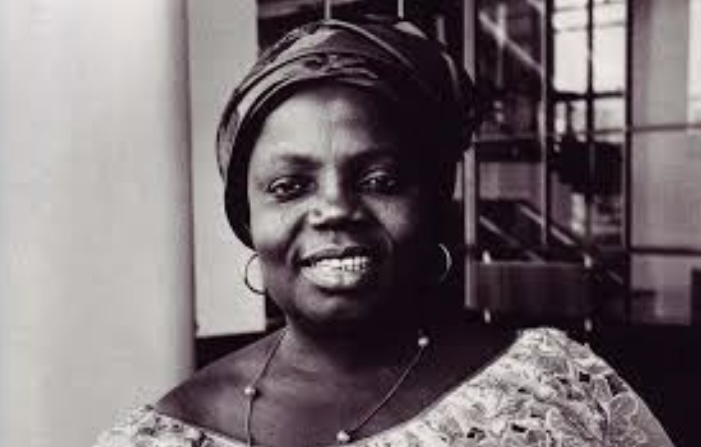
Emecheta contributed immensely to African literature and has been lauded as one of Africa’s foremost feminists. Known for her work, ‘Second Class Citizen,’ the book draws inspiration from her real life. Orphaned at the age of sixteen, she went on to marry Sylvester Onwordi. She was engaged to him at age eleven. Together, they relocated to London.
During their years of marriage, he abused her, and she took her frustrations to paper, forming her debut novel. However, her first ever manuscript was burnt by Sylvester. When she clocked twenty-two, she left Sylvester with their five children. She supported herself through university, earning a bachelor’s degree in sociology from the University of London in 1972.
In 1991, she received a Ph.D. from the university. She was awarded an honorary doctorate of literature the following year from Farleigh Dickinson University. Emecheta chronicled her experience living in Britain as a Black woman in New Statesman.
A biopic about Emecheta would explore her rise from a young girl in Nigeria to an internationally acclaimed writer in the UK, shedding light on the challenges of being a Black female writer in a predominantly white literary world and her trails in the marriage.
Chinua Achebe
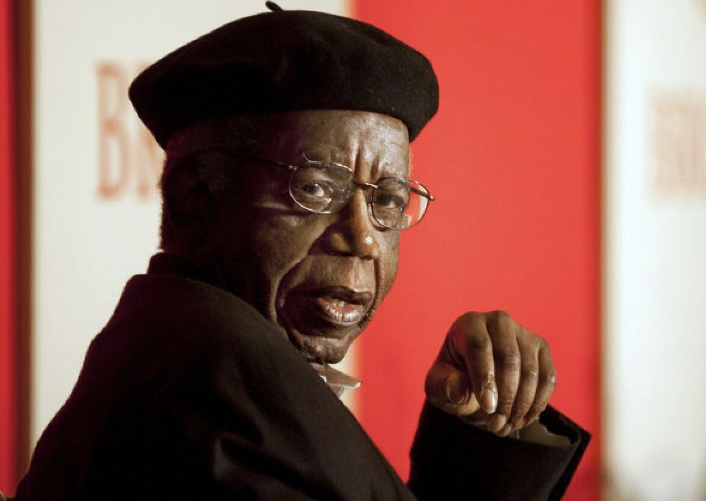
Chinua Achebe is often regarded as the father of African literature, a title earned by his groundbreaking novel ‘Things Fall Apart,’ which is widely considered one of the most important works of 20th-century literature. Published in 1958, the novel reshaped how African stories were told, challenging colonial narratives and offering a rich, authentic perspective on pre-colonial African life, colonialism, and the African experience.
Achebe’s biopic would capture not only his literary genius but also his political engagement during one of Nigeria’s most turbulent periods. During the Nigerian Civil War (Biafran War), Achebe became a spokesperson for the Biafran cause, using his voice and writing to bring global attention to the plight of the Igbo people.
His role during this time, including his work as a diplomat and advocate for Biafran independence, would make for a gripping political drama within the biopic. His experiences during the war also profoundly influenced his later works, such as ‘There Was a Country,’ a memoir of the Nigerian Civil War. This would showcase his dual identity as both a writer and a political figure, blending personal and national conflict.
Dora Akunyili
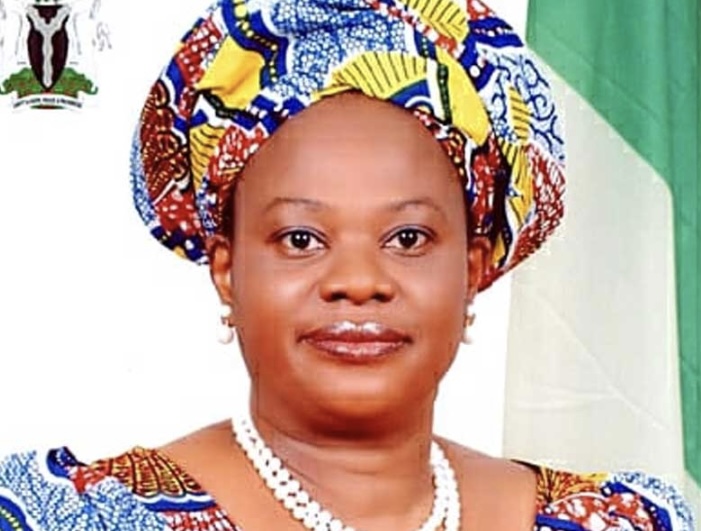
Akunyili is renowned for her fight against drug counterfeiting during her time as Director General of the National Agency for Food and Drug Administration and Control (NAFDAC) from 2001-2008. Akunyili’s story begins with a personal tragedy that shaped her life’s mission.
Early in her career, she lost her younger sister, Vivian, to counterfeit insulin, a tragedy that ignited her passion for battling fake drugs. This profound personal loss would be a key moment in the biopic, driving her commitment to ensuring that Nigerians could trust the medications they used.
Her tenure at NAFDAC was fraught with danger, as Akunyili took on powerful drug cartels and corrupt businessmen who profited from the sale of fake pharmaceuticals. Her biopic would highlight the many threats she faced, including multiple assassination attempts. Her car was riddled with bullets during one such attack, but she miraculously survived.
Despite these dangers, Akunyili never wavered in her resolve, showing incredible bravery in the face of adversity. This aspect of her life would provide a thrilling narrative arc, filled with suspense and high-stakes drama, as she confronted the dangerous underworld of counterfeit drug operations.
Ooni Luwoo

Ooni Luwoo Gbagida, also known as Ooni Luwoo, was a prominent historical figure in the Yoruba kingdom of Ife. She is remembered as the first and only Ooni (king) of Ife, a role traditionally held by men.The film could explore her rise to power, the challenges she faced in a male-dominated society, and her achievements as a leader.
It would highlight her role in the political and cultural life of Ife, examining how she navigated the complexities of ruling a kingdom while defying traditional gender expectations.The biopic would also provide rich historical and cultural context, showcasing the vibrant traditions of the Yoruba people.
These biopics would provide Nollywood with a golden opportunity to showcase Nigeria’s history and culture. Each of these individuals has contributed to the nation’s growth and global image, making their stories ripe for the Nollywood treatment. It is time for the industry to pluck it!

